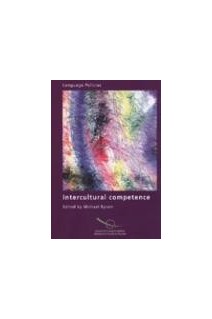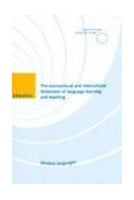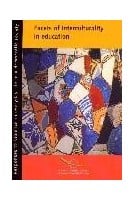This collection of four articles offers a radical new view of intercultural competence. It places language teaching in a wider context, demonstrating that it has political and ethical implications of the kind found throughout education. Language teaching is not just a professional skill, but a social activity of major signifiance in the contemporaray world.
The importance and usefulness of the Common European Framework of Reference for Languages is already well established. It is influential in the development of curricula, assessment tools, teaching materials and teacher education. Nonetheless, the contexts in which language teaching and learning take place are constantly changing and the need to develop the Framework with respect to the clarification of "intercultural competence" has become very evident.
This collection is a step in that direction. It contains four articles. Neuner analyses the "interim worlds" of "learners perceptions of other. Starkey demonstrates the relationship of language education and human rights education. Zarate provides a critique and new directions for the Framework. Permenter analyses the euro-centredness of the concept of intercultural competence.
Together, these articles offer a radical new view of intercultural competence. They place language teaching in a wider context, demonstrating that it has political and ethical implications of the kind found throughout education. Language teaching is not just a professional skill but a social activity of major significance in the contemporary world.














